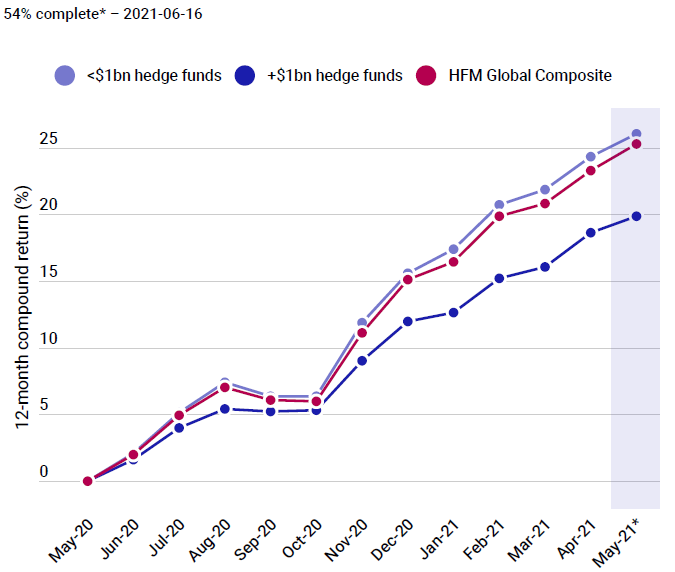Its been an excellent month for #PangolinDEX.
January will be amazing too #AVAX! pic.twitter.com/Yyl9KsyhoM
— Pangolin (@pangolindex) December 21, 2021
Because early 2013, a number of big banks have actually launched statements against crypto (calling it an interruption to the monetary system) and some nationwide federal governments have actually gone as far as to ban crypto completely. Crypto supporters argue that the markets explosive development is set to continue in the long term regardless of continuous reaction from national federal governments and huge banks throughout the world.
A clear reason would be that banks are wary of central banks and the Fed as many of them are chartered through these entities or Bitcoin challenges the whole reserve currency system of the world. Apart from the substantial gains from crypto holdings, users in the digital coins environment likewise have openings to earn passive earnings from their assets – comparable to people conserving in a bank account.
With staking opportunities occurring by the day (completing with bank cost savings) and the crypto market experiencing enormous value development, the fight versus crypto is getting weaker.
While using better security and personal privacy, dStaking services are still a complex technique for new users to stake their tokens. Numerous token holders still choose holding their tokens on central exchanges and for good reasons – it is simple & & fast to start staking, it does not require fancy infrastructure, and keeps high liquidity. With the increase of better decentralized staking services such as Pangolin, Curve Finance, and Trader Joe, it is simply a matter of time before users move to dStaking.
Final Words
After a 10 year+ battle versus the crypto environment, federal governments and banks have actually lastly begun welcoming the market. With staking chances developing by the day (competing with bank cost savings) and the crypto market experiencing immense value development, the fight against crypto is getting weaker.
Updated on Jan 7, 2022, 1:28 pm
Considering that early 2013, a number of big banks have actually launched statements versus crypto (calling it a disturbance to the monetary system) and some national governments have actually gone as far as to prohibit crypto completely. Crypto advocates argue that the markets explosive growth is set to continue in the long term regardless of consistent reaction from national governments and huge banks across the world.
Q4 2021 Hedge Fund Letters Database Now Live [Last Updated 01/07] Q4 2021 hedge fund letters database is now up. See what stocks top hedge funds are selling, what they are purchasing, what positions they are employing for, what their financial investment procedure is, their returns and a lot more! This page is upgraded frequently, VERY FREQUENTLY, everyday or often numerous times a day. As we get brand-new Read MoreObviously, governments and big banks dislike the concept of crypto replacing the fiat currency system as they will lose control of cash. Additionally, cryptocurrencies permit users to make deals in between two individuals securely, anonymously, and in a decentralized manner – eliminating banks and federal governments as intermediaries. In brief, it uses two things that governments, consisting of democratic ones, entirely hate – privacy and liberty.
A Link To The Banking System
As governments concentrate on regulating Bitcoin, international banks have actually been at the leading edge to spread misinformation on crypto and plant doubt into users minds. Because the early days of crypto, executives at Wall Streets biggest banks stressed on the idea of controling crypto declaring it would legitimize them – and threaten the financing market as a whole.
Back in 2013, Jamie Dimon, then CEO of JP Morgan Chase, the biggest U.S. bank, called Bitcoin a “dreadful” shop of value, European Central Bank President Christine Lagarde has bashed cryptocurrencies as a way for illicit trades and terrorism funding, and H. Rodgin Cohen, the finance markets pre-eminent legal representative, cautioned the states regulators that the federal government was “extremely worried” about Bitcoin and its use.
All these calls nevertheless have failed in the past as cryptos reach has just grown in the previous decade – from about five million users globally to over 250 million users, according to a report by Crypto.com in July 2021.
Could it be that banks are envious they got in late to the digital currency party? Or do they fear that cryptocurrencies are minimizing the deal charges collected by banks? A clear factor would be that banks watch out for central banks and the Fed as the majority of them are chartered through these entities or Bitcoin challenges the entire reserve currency system of the world. Or is it since of the several chances crypto deals holders to make more than banks could ever provide?
The Opportunities Fight: Staking vs Bank Saving
As explained above, banks are the leading critics of the digital currency environment. Part of the criticism depends on that crypto is actively eliminating food from the banks mouths by offering investors higher returns and much better conserving options. Apart from the big gains from crypto holdings, users in the digital coins environment likewise have openings to make passive earnings from their properties – comparable to individuals conserving in a savings account.
The big difference depends on the returns offered for your savings. While the conventional banks and banks are providing individuals with cost savings accounts a meager 0.35% to 0.60%, digital currencies can provide people anywhere in between 3% to 30% APY by leveraging certain tactics such as staking coins. This has been one of the most efficient solutions to the low rates provided by banks – in spite of including some threat to your savings.
Staking is rapidly emerging as a popular way for crypto holders to make a passive income on their crypto assets. Given that the launch of proof-of-stake (PoS) networks, staking has actually switched from being a tech-savvy-only activity to a more widely accepted form of conserving. Today, a user can earn up to 30% APY on their tokens by simply purchasing and holding them in a wallet that supports staking.
Leading the charge on staking is centralized exchanges such as Coinbase, Binance, Huobi, Crypto.com, and others, which use a vast array of tokens to stake. Companies that handle these staking procedures on behalf of the user and maintain custody over user private secrets.
As such, centralized exchanges have actually been slammed by the crypto community for playing an intermediary, similar to the banks. Keep In Mind the Financial Crisis in 2008, whereby some savers lost their savings due to the collapse of the monetary system and banks? Centralized exchanges act the same by having control over the staked tokens in their vaults, which if jeopardized or hacked, might see a big number of financiers lose their money.
A Decentralized Solution For Investors
To resolve this issue, decentralized exchanges such as Pangolin (on Avalanche), Sushiswap, Uniswap, and others presented decentralized staking (dStaking), a trustless application for staking that does not maintain custody over users assets in any way. This makes sure control of funds/private keys stays with the user with the service just supplying a structured validator established and management.
With dStaking, users are presented to new executions of staking, earning users newly launched tokens and greater rate of interest than traditional bank saving accounts or staking on central exchanges. For instance, Pangolin, a DEX on Avalanche blockchain, announced in December a new staking procedure that awards savers their native $PNG token. Stakers carn make $PNG rewards through protocol earnings sharing by means of market PNG buybacks, which are then transferred straight into the staking agreement wallet. This buyback procedure will be performed every two weeks.




